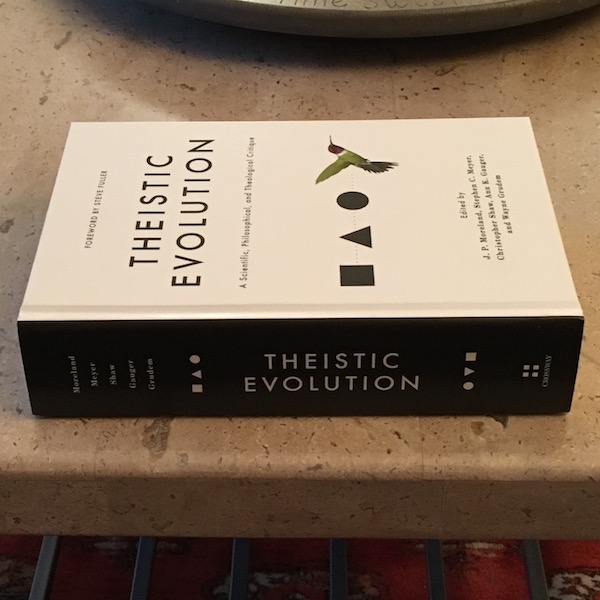 Evolution
Evolution
 Faith & Science
Faith & Science
Response to Swamidass: Sniffing at 700+ Citations of Mainstream Scientific Literature

As previously discussed here and here, Washington University biologist Joshua Swamidass published a review of the book Theistic Evolution: A Scientific, Philosophical and Theological Critique. Most of Dr. Swamidass’s article deals with theological issues, but there’s also a short critique of Chapter 15, by Gauger, Hössjer, and Reeves. Prefacing this discussion, Swamidass makes the following comment, taking a swipe at the volume as a whole:
The scientific arguments, however, are not convincing. They talk past the mainstream account of our origins without ever actually engaging it (pp. 503–22). Those hoping to understand the strengths and weaknesses of evolutionary science should look elsewhere.
Really? Swamidass’s substantive response to the science in this 1000+ page volume amounts to about 250 words. He focuses on one subtopic of one chapter, dismissing the rest of the scientific content of the book as failing to engage with mainstream science.
A Failure to Engage
As can be seen in multiple responses at Evolution News to Dr. Swamidass’s comments about the book’s science, as well as other responses (such as those replying to Denis Lamoureux — see here and here), proponents of intelligent design welcome scientific critique and dialogue. In fact, as a quick survey of the book indicates, the various scientific chapters of Theistic Evolution cite over 700 mainstream scientific papers. Frankly, it boggles the mind that a serious reader could miss these.
Swamidass would claim that all the discussions of these hundreds of citations don’t “ever actually engage” with modern evolutionary science. No doubt he had limited space for his review and so it would be unrealistic to expect him to deal with more than just a couple of the numerous scientific topics in the book. In fact, he chose to devote most of his review to theological issues. He decided to use most of the platform he was given to avoid confronting the science in the book. It’s strange, then, to find a statement summarily dismissing the book’s scientific arguments, when it’s Joshua Swamidass who has opted not to engage with them.
Photo: A massive volume, by Paul Nelson.
